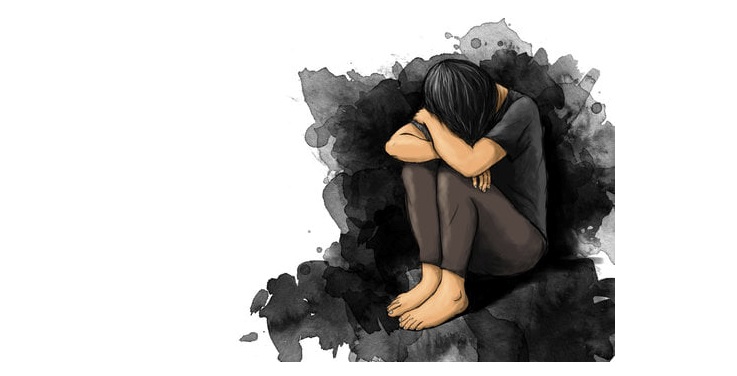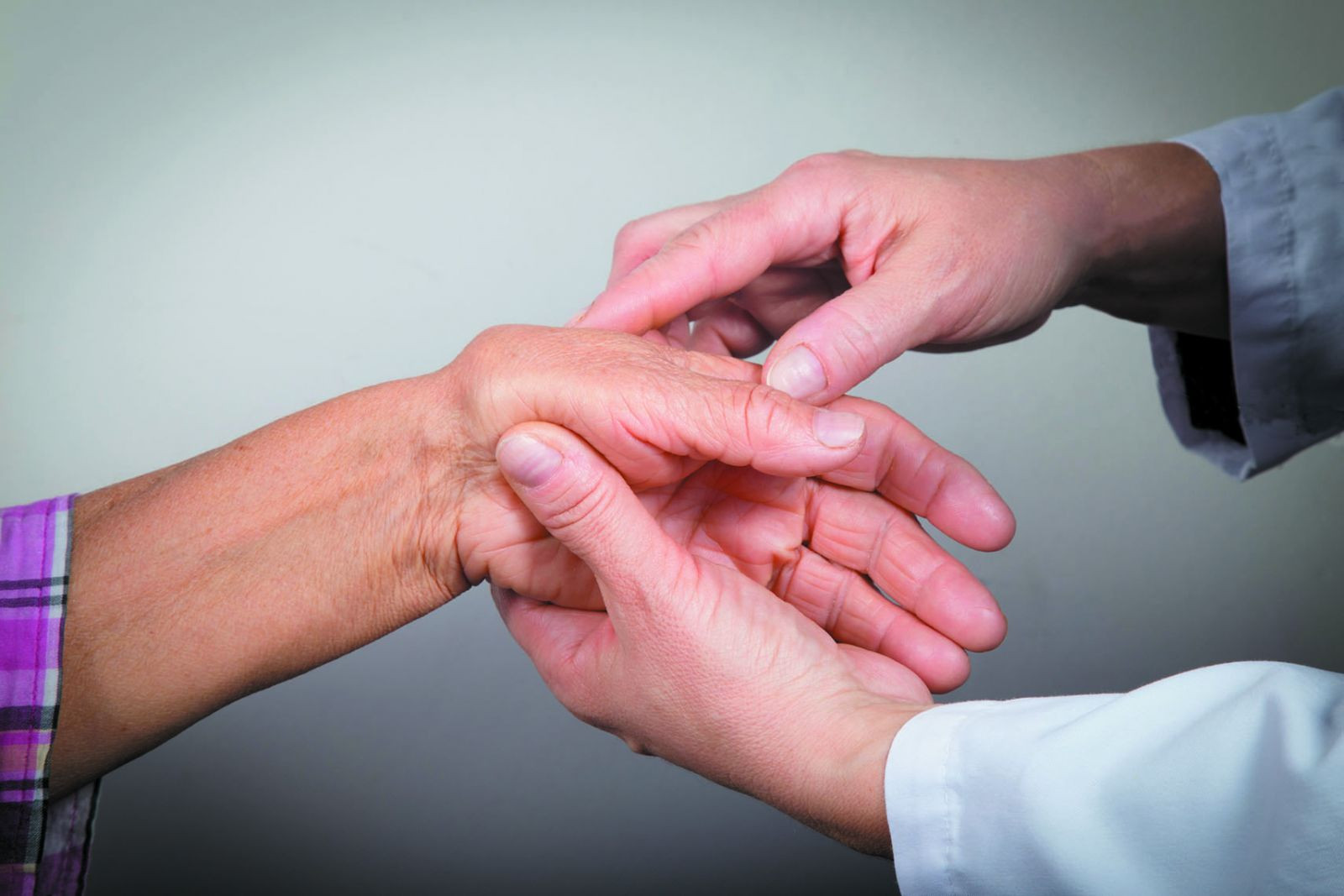Mental illness is a significant problem in the Christian community. Some Christians deal with some form of mental illness. Furthermore, many churchgoers experience a mental health issue at some point in their life, and many keep silent about it because they fear being judged or misunderstood.
Christian mental treatment begins with understanding, acceptance, and change. To fully recover and move forward, you must understand where your mental health journey began, accept what you have been through, and find new ways to cope with your pain and stress. The journey often begins with self-reflection. You must understand what you have been through, how it has affected you, and how it has shaped how you see the world. While this self-reflection may feel uncomfortable, it is a necessary step to healing and getting better. Acceptance is the next step in healing. You must be able to accept what has happened to you, how it has affected you, and the ways it has changed you. Understanding and accepting these things can make it easier to find healthy ways of dealing with them.
Finding Help for Mental Illness in the Christian Community
While mental illness can affect anyone, those of the Christian faith face unique challenges when looking for adequate treatment. One fear is that those with the Christian faith will be afraid to seek help for mental illness for fear of being misunderstood or judged by the church community. There are, however, many resources available for those who need Christian mental health treatment.
- Faith-based therapy– Some churches have onsite or contracted faith-based therapy. Faith-based therapy is a relatively new practice but may be a great option for many people struggling with mental illness.
- Support Groups – Some churches offer support groups for those with mental illness. These groups are usually safe spaces where people can share their stories, learn from others, and gain encouragement from the group’s support.
- Faith-based Rehab – There are several faith-based rehabs available to those seeking Christian mental health treatment. These programs often incorporate faith-based elements into the treatment process and may be great for those uncomfortable with secular programs.
Distinguishing between Mental Illness and Depression
There is a lot of confusion and misunderstanding surrounding mental illness, and even the Christian community may struggle to identify mental health issues. The Christian community’s most common mental health problems are anxiety, depression, post-traumatic stress disorder (PTSD), and substance abuse. Mental illness is an ongoing condition that can be managed with medication and therapy, while depression is more of a short-term issue that can be treated with medication and therapy. The most important thing for those struggling with mental illness or depression is that they are not alone and have people and resources available to help.
Types of Christian Mental Health Treatment
In addition to the many types of Christian mental health treatment listed above, there are several other more traditional types of treatment worth mentioning.
- Psychotherapy – Also known as talk therapy, psychotherapy can help you understand your mental health journey and gain insight into your emotions, thoughts, and behaviors. It can also be used to help treat anxiety, depression, and other disorders.
- Cognitive Behavioral Therapy (CBT) – CBT is a type of psychotherapy that can be very effective in helping you understand your mental health journey and learn new ways to cope with your emotions and stress.
- Medication – It is often used to treat mental health disorders such as depression and anxiety. It can be helpful for those who want to avoid therapy or may need more immediate relief.
Strategies that Help with Mental Illness Recovery
Many Christian mental health treatment methods listed above also offer strategies that can help with recovery.
- Prayer – Prayer can be a powerful way to connect with God, calm your mind, and receive strength and peace from him. Prayer can be done in any way that feels comfortable for you, and the type of prayer can be whatever you feel most comfortable with.
- Connecting with Others – Connecting with others can be a great way to find support and encouragement when struggling with mental health issues. You can do this in various ways, including joining a support group, talking to a trusted friend or family member, or connecting with a therapist.
- Healthy Self-Care – To fully recover, taking care of your physical and emotional needs is important. Eating healthy, exercising, getting enough sleep, and spending time doing things that bring you joy can help you feel more balanced and make it easier to cope with mental health issues.
Final Take
As a people group that often stays silent about mental health, the Christian community can greatly benefit from more open communication about mental health and the various types of Christian mental health treatment available. If you or someone you know is struggling with mental illness, it is important to know that you are not alone. There are many resources available and people who want to help. It is important to know that there is hope for healing and recovery and that you do not have to face mental illness alone.









